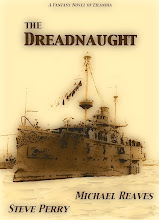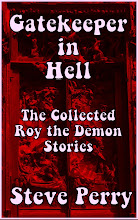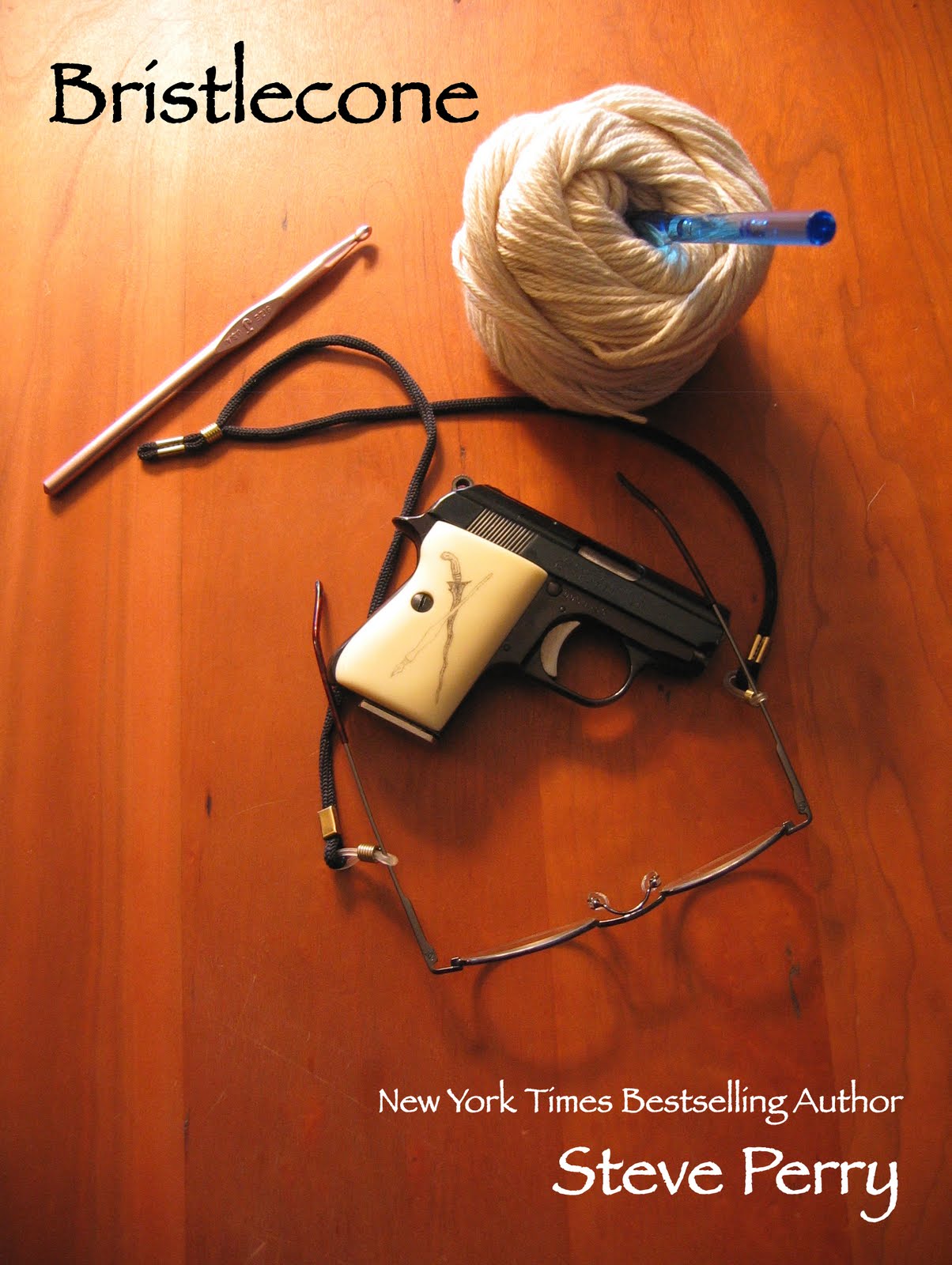Reading a book by candlelight is not the same as doing it on your iPad.
Today, with TV, movies, comics, the web, and all like that, stately–if not to say, plodding–books have a harder go of it. If your reader gets bored, he or she can put it down and move on to something else with little effort ... and never return.
Along with the pacing, certain literary conventions from back in the day have also faded. One such, the authorial aside to the reader, shows up now and then, but mostly it is gone, and good riddance.
By this, I mean a pause in the narrative in which the author addresses the reader directly, breaking, as it were, the proscenium arch. E.g.: "Tom was mightily surprised by such a revelation, but of course, dear reader, you could not help but know this was coming to pass, as this kind knowledge is invariably the province of the well-educated person such as yourself ..."
The biggest thing this does is stop your reader's suspension of disbelief and jerk him out of the narrative to remind him that he is reading a story. Rather like hitting a pothole in your car hard enough to knock the hubcap off. You have to stop, park, get out, collect the thing, toss it in the back, then resume your journey. It is an irritant you don't need.
There are people who still do a version of it, though it is not so blatant, and it is one of my personal quirks that I hate it when they do it.
These days, it tends to be heavy-handed foreshadowing, usually at the end of a chapter, and more often than not, offering a sense of doom 'n' gloom.
Our Hero just had a knock-down, drag-out fight scene, kicked a bad guy's ass, and he's feeling okay about that, but then he has a had-I-but-known moment.
Yeah, I kicked the sucker all over the ballroom, but, had I but known what was going to happen, I wouldn't have felt so pleased with myself.
Well, okay, if it is in third person past-tense, this is technically legal, but it surely does grate.
You can get away with this once, maybe even twice, but if you hammer this more than that in your novel, it makes me want to put the book down. First, it stops the action, because, Why are you telling me this? Why don't you just, you know, wait until it gets here and show it to me? Second, it sets us an expectation of dire happening that overshadows the narrative and what is the point of that? If I know you are going to do awful things to the guy's girlfriend later, I am going to dread it, and get pissed off at you for ruining the rest of the ride.
Don't get cute. Just tell the story.
I know a writer who does this; I like her books, and I wish she wouldn't. It would be so much neater to lay in foreshadowing in the context of the action, so when the shit hits the fan, you would realize that if you'd been paying attention, you'd have seen the clues. When the writer smacks you in the head with a brick four or five times, you just want to call her up and say, "Yeah, yeah, okay, I get it! Move on!"
















No comments:
Post a Comment